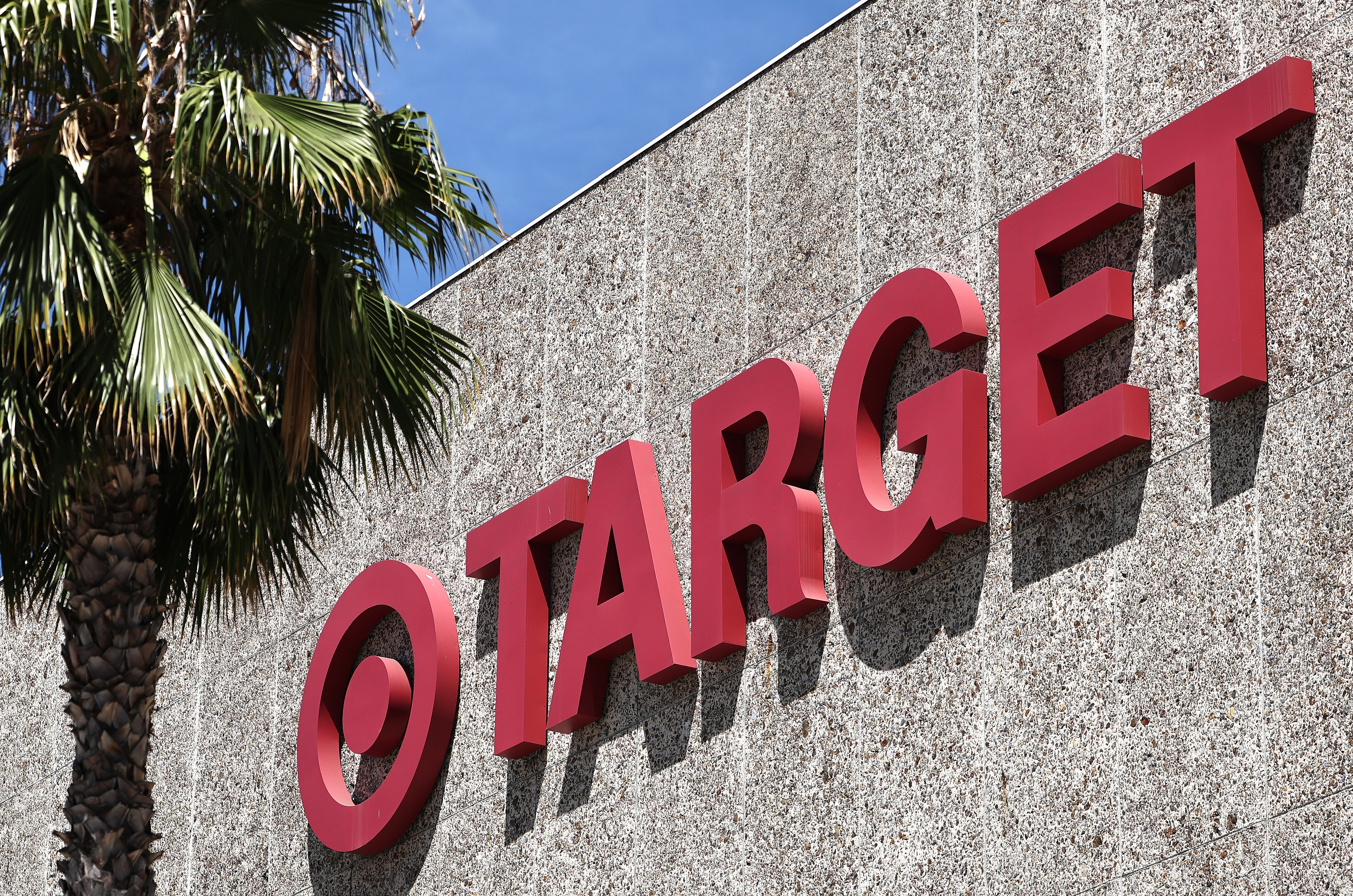Target is expanding its next-day delivery service to better compete with rivals, including Amazon and Walmart.
The retailer announced Monday it was expanding next-day deliveries to 35 metro areas, which cover more than half of the U.S. population, by the end of October. Next year, Target will expand the service even further, adding more than 20 cities.
Gretchen McCarthy, Target’s chief supply chain and logistics officer, told the Associated Press next-day delivery previously reached just 20 percent of the population. The AP reported San Diego, Orlando and Tampa are among the cities to get the service.
Target already offers same-day delivery to more than 80 percent of the population and two-day shipping to 99 percent of Americans.
In 2024, Amazon expanded the number of same-day delivery sites for Prime members by more than 60 percent, serving more than 140 metro areas, according to a February press release.
Walmart said it has delivered 7.1 billion units using same-day or next-day delivery in the past 12 months, and that it reaches 95 percent of the population with next-day or two-day shipping, according to the AP.
In August, Walmart announced it was expanding next-day delivery services across cities including Los Angeles, New York, Chicago, Houston and Atlanta.
Target has been in a sales slump, reporting in August comparable sales dipped 1.9 percent in the second quarter.
The retailer has taken hits after pulling back on its Pride merchandise in 2023 following considerable backlash. Target said at the time it had “experienced threats impacting our team members' sense of safety and well-being while at work” and that it would be “removing items that have been at the center of the most significant confrontational behavior.”
Target also faced boycott calls after it announced earlier this year it would end some diversity programs as the Trump administration rebuked companies’ DEI initiatives nationwide.
Arianna, a 31-year-old teacher and mom from East Texas who used to take her young daughter on weekly Target shopping trips, told The Independent in August, “I don't like how they're propagating right-wing ideals by removing their DEI initiatives and basically turning their backs on [people of color].”

Last month, Target announced Michael Fiddelke, the retailer’s chief operating officer who has worked at the company for 20 years, will succeed Brian Cornell as CEO in February.
“I am eager to refocus our strategy and build on the assets and capabilities that have made Target a beloved destination for incredible products and a one-of-a-kind shopping experience,” Fiddelke said in a statement at the time.
He continued: “And to be clear, we have work to do to reach our full potential. Now's the time to take full advantage of our strengths, embrace change with pace and purpose, and regain our momentum."







